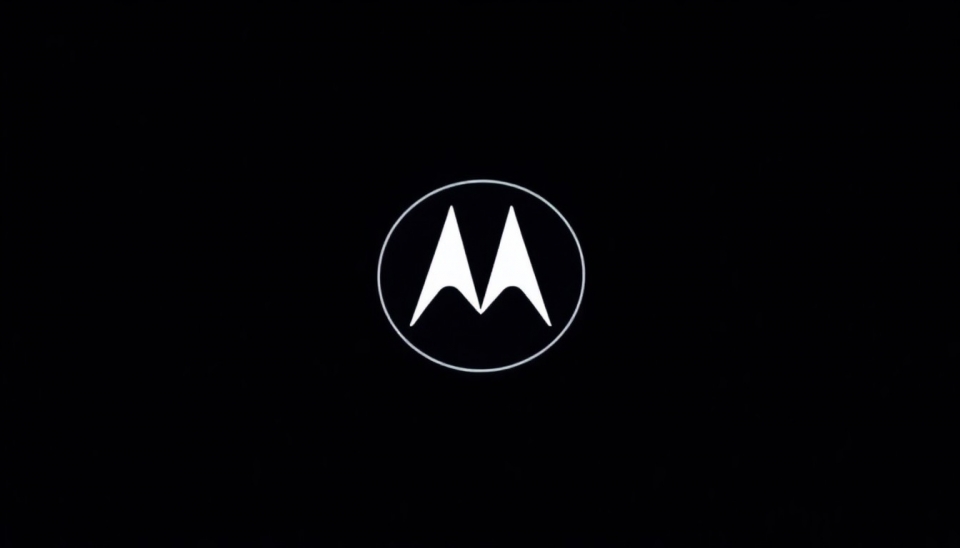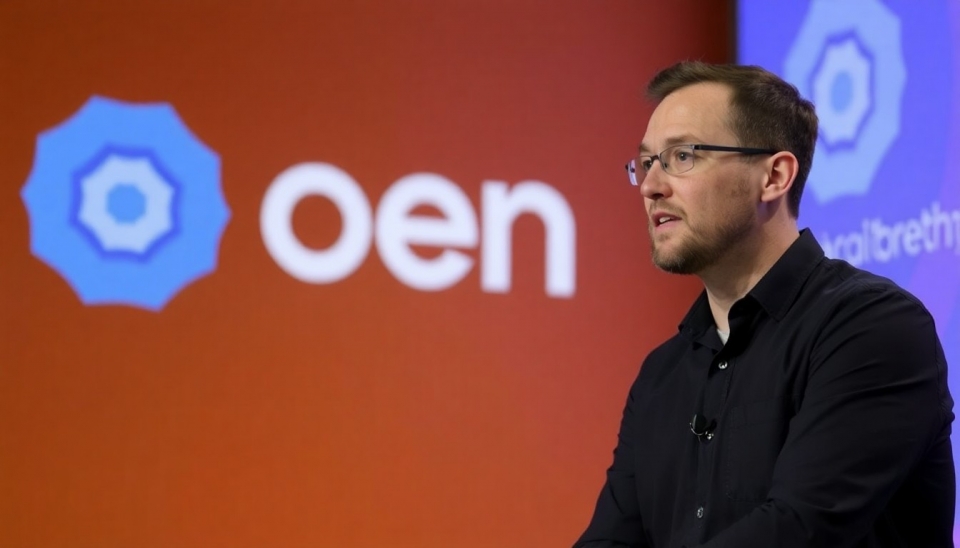
In a remarkable turn of events, Google has emerged as a major player in the realm of scientific research, highlighted by a series of prestigious Nobel Prize awards that have attracted global attention. This year, several researchers affiliated with Google have been recognized for their groundbreaking work, which not only exemplifies the merger of technology and science but also underscores the changing landscape of scientific research itself.
The Nobel Prizes awarded to scientists within Google’s ecosystem present a compelling case for the growing involvement of tech companies in fundamental research. Traditionally, Nobel Prizes have been awarded to academic researchers, but the recent wins reveal a shift whereby tech giants are increasingly the backbone of pioneering scientific advancements. This shift illustrates a broader trend of collaboration between science and technology, where corporate resources and platforms now fuel extensive research projects previously limited to universities and public institutions.
Among the notable winners this year is a team of researchers who were recognized for their innovative contributions to the fields of artificial intelligence and machine learning. Their work, which has the potential to revolutionize areas ranging from healthcare to environmental science, has been facilitated by Google’s powerful computing resources and vast data sets. This strategic advantage allowed the researchers to tackle complex problems more efficiently, thereby accelerating the pace of discovery and innovation.
However, this new dynamic raises questions about the future of scientific research as a public good. With tech companies like Google at the forefront, some skeptics worry about the implications of corporate influence over research priorities. Will the pursuit of profit overshadow the quest for knowledge? As research becomes increasingly intertwined with commercial interests, the traditional norms that once governed scientific inquiry are being challenged.
Moreover, the visibility of Google’s Nobel success underscores the potential for technology to disrupt established scientific institutions. For years, universities held the monopoly over research funding and breakthroughs. Now, as tech companies begin to invest heavily in research and development, the landscape may shift further, allowing them to set the agenda for future discoveries—and potentially leaving smaller institutions at a disadvantage.
Despite these concerns, the influx of resources from tech companies offers significant advantages. Enhanced funding can lead to accelerated research timelines, allowing scientists to explore ambitious projects that may have been previously unfeasible. As the line continues to blur between technology and traditional research, we may witness a new form of collaboration that can benefit society by speeding up the introduction of innovative solutions to pressing global challenges.
In conclusion, Google’s recent accolade shows just how integral technology companies have become to the scientific research community. The implications of this shift—both positive and negative—will undoubtedly shape the future of scientific inquiry and technological innovation. As we move forward, it will be critical to monitor how these developments affect public trust in science and the accessibility of research for future generations.
#Google #NobelPrize #ScientificResearch #Innovation #AI #MachineLearning #TechInScience #FutureOfResearch
Author: John Miller




